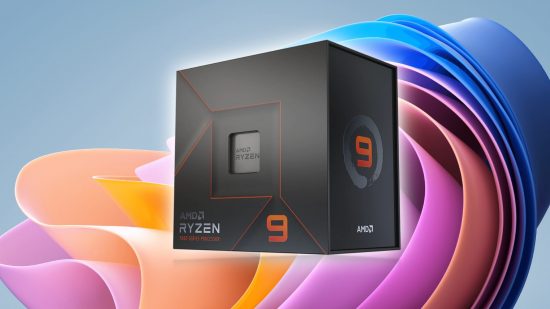AMD has responded to recent Ryzen 7000 gaming CPU concerns, and the company says issues aren’t linked to Windows 11. While initial tests by various outlets place blame on Microsoft’s operating system, the chipmaker thinks the root cause lies elsewhere.
In a statement, AMD says it has investigated Ryzen 7000 issues, but claims it has “not observed a material difference in game performance between OS versions.” The gaming PC giant goes on to offer alternative explanations, citing “game engine, CPU architecture, GPU selection, and memory choices” as contributing factors.
The Ryzen 7000 performance issues in question first popped up last week, with the likes of Capframex sharing evidence of an R9 7950X deficit on Windows 11. Tomshardware also initially shared similar woes, but additional testing has helped clear the operating system’s name.

Ultimately, AMD’s statement brushes off Zen 4 quirks by saying they’re “not a new phenomenon.” In other words, you’ll need to wait on developers across the board optimising their software and code for the platform. Whether or not this will affect the chip’s fight for the best gaming CPU crown remains to be seen, but Ryzen 7000 review scores suggest it could struggle against Intel Raptor Lake.
Zen 4 CPUs like the Ryzen 9 7950X are already available, but Intel’s Core i9 13900K seemingly beats the red team’s offering in leaked benchmarks. Naturally, we’ll need to test both chips ourselves to paint a true performance picture, even if early stats aren’t on AMD’s side.
